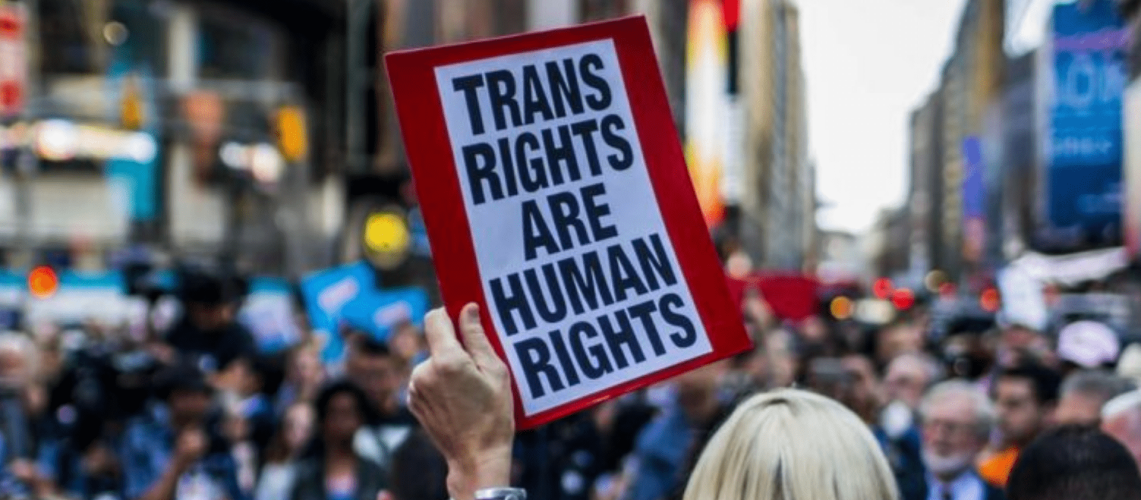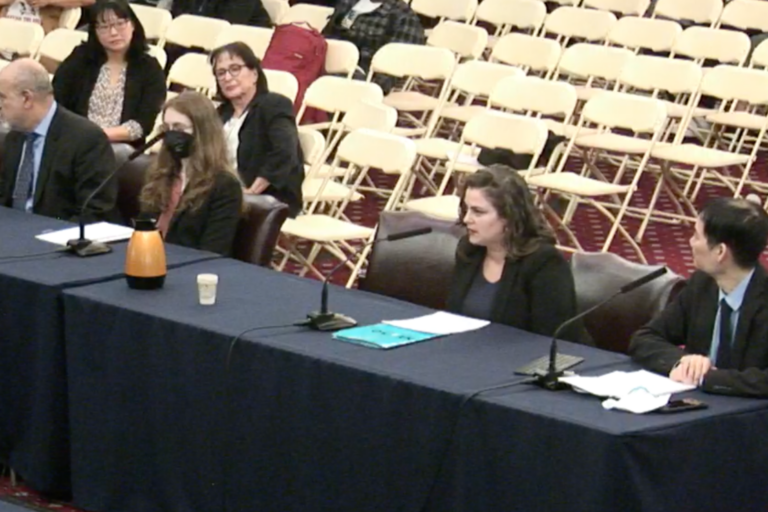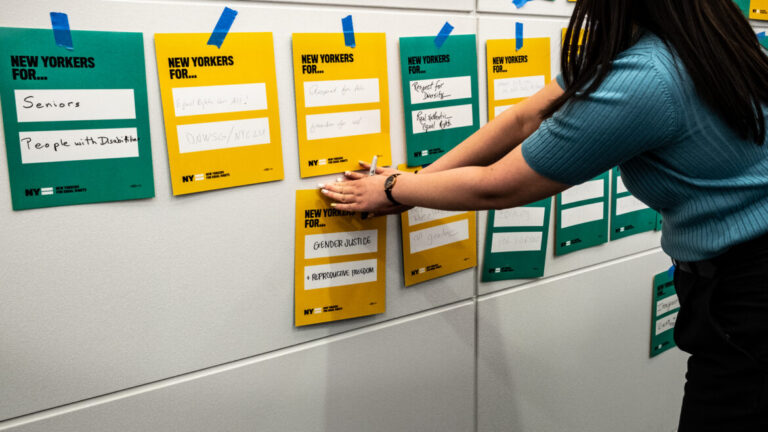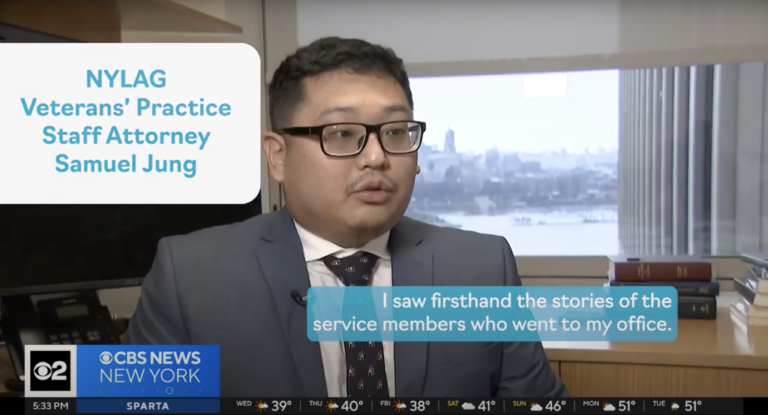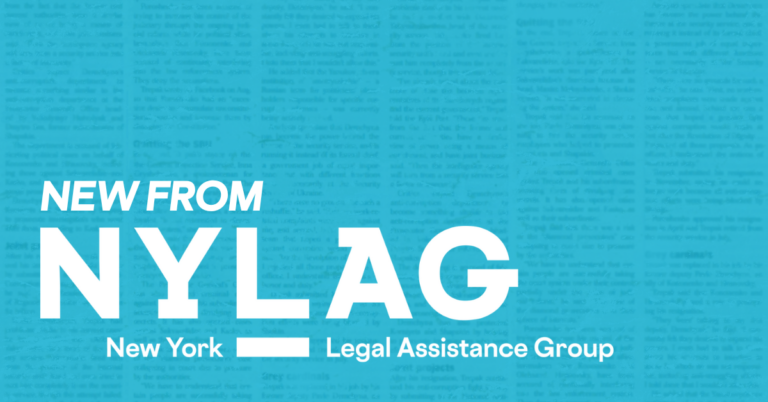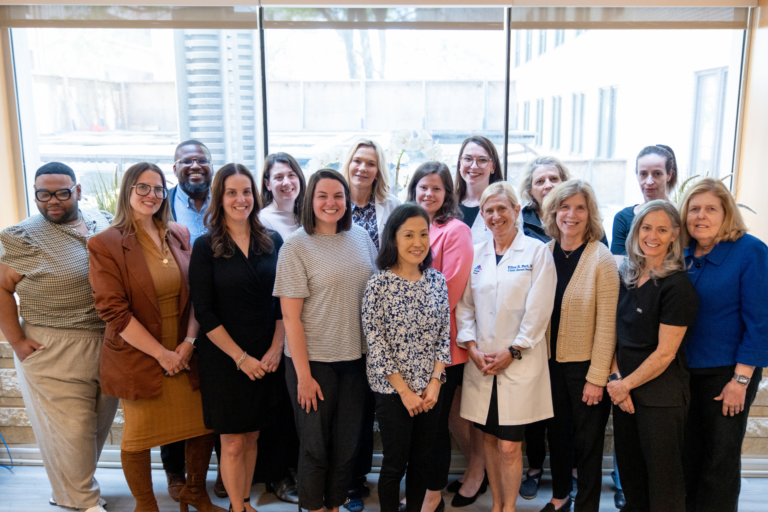By Samantha Kubek
U.S. Senator Tammy Duckworth said it best: “When I was bleeding to death in my Black Hawk helicopter on that dusty field in Iraq, I didn’t care if the American troops risking their lives to help save me were gay, straight, transgender, black, white, male or female. All that mattered was they didn’t leave me behind.”
And yet on January 22, 2019, the Supreme Court voted 5-4 to revive the Trump administration’s policy barring most transgender people from serving in the military. The ban does nothing to improve our national security but regardless goes into effect even though challenges to this policy are still pending in the courts.
The cost of medical care for trans servicemembers has been the primary justification for the ban by the Trump Administration. However, this argument is directly contradicted by the advice of medical experts in the field and available data that show minimal costs associated with necessary medical treatments.
All four service chiefs (of the Army, Navy, Air Force, and Marine Corps) have all unequivocally stated that trans servicemembers do no harm to unit cohesion.
The exact ramifications of this policy remain unclear– broadly speaking, the ban allows for transgender people already openly serving to continue to serve. But those who seek to transition or serve openly after they transition risk being discharged from the service, potentially with a less than honorable discharge.
No word has been issued by the Administration as to what types of discharge these individuals would receive. During the years of “Don’t Ask, Don’t Tell,” thousands of servicemembers were discharged less than honorably due to their sexual orientation. Many of these veterans continue to live with the stigma of their discharges and the very real consequences that stigma causes every day.
Our government cannot repeat history based on someone’s gender identity. That’s discrimination.
NYLAG attorneys see firsthand every day the consequences for those who come home with stigma—a less than honorable discharge can render a veteran ineligible for VA healthcare and education benefits. For some, their status means they cannot secure a job, leading to housing instability and, for many, homelessness.
On a single night in January 2018, just over 37,800 Veterans were experiencing homelessness. Our government should be doing all it can to prevent further veteran homelessness.
A 2015 study found that a discharge that was non-honorable was a suicide risk factor; with 20 veterans committing suicide every day, our government should be fighting to support them, not creating more at-risk veterans.
Additionally, trans people have been dedicated protectors of our country. Current estimates indicate that roughly 20 percent of transgender people in the United States have served or are currently serving in the military. That’s compared with less than ten percent of the overall American population. Instead of ostracizing them, our government should ensure their safety and well-being.
Did you know that nearly one in five transgender men and one in seven transgender women seen at a VA hospital identify as survivors of military sexual trauma?
It is estimated that over 134,000 American veterans are transgender, and over 15,000 trans people are serving in military today. These individuals are at increased risk of homelessness, discrimination, and violence. Let’s address these urgent issues instead of banning most trans people from serving.
Trans service members, or those who aspire to a career in the military, are brave and capable Americans who should be honored for their service and love of country – not humiliated and shamed. At NYLAG, we will continue to proudly serve our veteran clients, regardless of gender identity. And we believe that any person who raises their hand to swear their oath to protect and defend their country is a veteran.
Samantha Kubek is a staff attorney of NYLAG’s LegalHealth Unit. She staffs the Women Veterans Legal Clinics and the Post-9/11 Veterans Legal Clinics at the James J. Peters VA Medical Center in the Bronx and the Manhattan Campus of the VA NY Harbor Healthcare System. During law school, she interned in NYLAG’s Family Law Unit and the ACLU’s Women’s Rights Project, as well as serving as a New York City Women’s Bar Fellow at Her Justice. Samantha received her J.D. from the New York University School of Law and earned her B.A. at Georgetown University.

